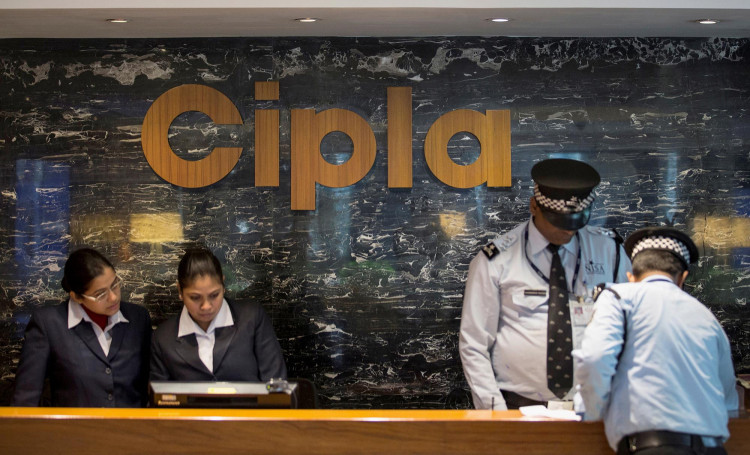Mumbai-based drug producer Cipla Ltd announced, on Friday, that it has been granted authority by India's Drug Controller General V.G. Somani to unveil the country's anti-viral vaccine favipiravir under the Ciplenza name.
Cipla said it will roll out Ciplenza for commercial use in the first week next month with a starting price of around 68 Indian rupees ($0.91 cents) per tablet, which will be about 10 percent lower compared to India's first 'FabiFlu' favirpiravir brand, released last month by Glenmark Pharmaceuticals Ltd.
Considering that DCGI has allowed a limited emergency use for favipiravir in India, Cipla is set to introduce the vaccine to help COVID-19 patients. "Hopefully by August 1 the vaccine will be available in the market," Dr. S Chandrasekhar, IICT director, told the India Science Wire, as per report by Jyoti Singh on TWC India.
An off-patent anti-viral favipiravir, originally developed by Japan's Fujifilm Holdings Corp as Avigan for the treatment of influenza., has shown great potential in clinical tests for the treatment of patients suffering from COVID-19. The treatment showed promise, especially in mild to moderate infections. The anti-viral is classified as Active Pharmaceutical Ingredient, which means it is biologically assertive.
India has reported more than 49,000 new coronavirus infections with 740 new fatalities on Friday, marking the biggest daily increase in cases, as health officials in some regions complained of shortages of vaccines for patients confined in hospitals. Cases of the disease have topped 15.5 million around the world, reports said.
Cipla and Council of Scientific and Industrial Research's Indian Institute of Chemical Technology (CSIR-IICT) have partnered to develop the vaccine. CSIR-IICT successfully developed a cost-efficient process for producing the active pharmaceutical ingredients for favipiravir. Based on the terms of the agreement, the research council has handed over the whole process to Cipla to make and market the drug.
The pharmaceutical sector buys cutting-edge vaccine intermediates, also referred to as Key Starting Materials, from China and other nations. Following a series of synthetic procedures, these intermediates are converted into finished products. According to Chandrasekhar, they produce KSM themselves starting from chemicals made locally which helps in reducing the cost in the manufacture of such products.
Meanwhile, Glenmark sells a tablet of favipiravir for 75 rupees, with a COVID-19 patient normally needing 122 tablets over a two-week treatment, the company disclosed. On Thursday, Glenmark announced that its own version of the vaccine had showed great results during final-phase clinical tests.






